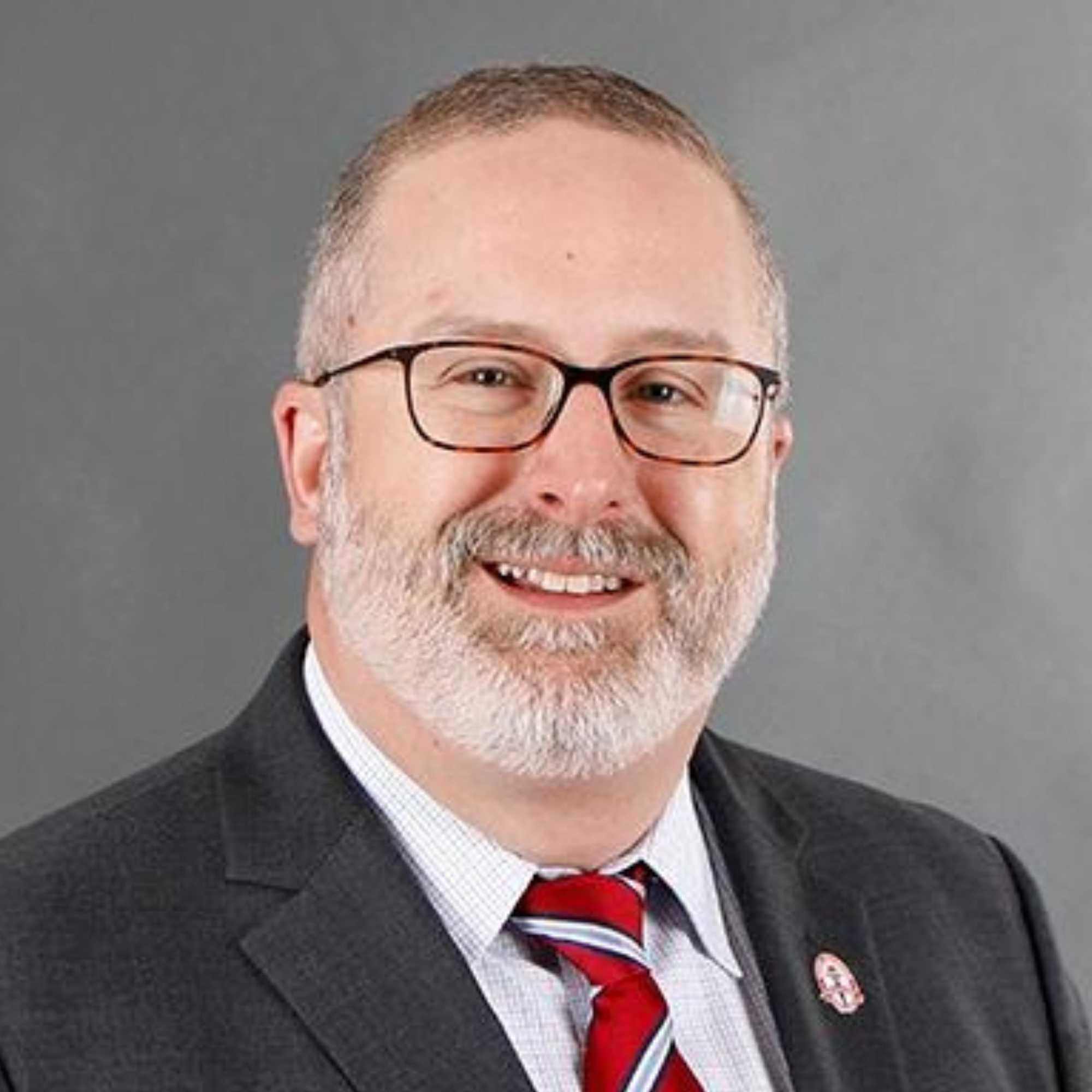In recent years, a growing number of colleges and universities have advocated the importance of providing “safe spaces” for students. This concern isn’t primarily related to students’ physical safety, though academic institutions take the physical safety of their students with great seriousness. Rather, safe spaces are primarily concerned with so-called emotional safety. It seems that many students don’t appreciate being exposed to ideas that make them uncomfortable. Especially socially conservative ideas that demur from the progressive status quo that dominates American higher education.
When schools reference safe spaces, they are typically referring to classrooms and other overtly academic settings like public lectures and symposia. These are the primary contexts where ideas are discussed and students could potentially be offended by perspectives that run counter to their own beliefs. But at Princeton University, even so-called third spaces can be transformed into safe spaces if the wrong guest is invited to share a meal.
On Feb. 14, Princeton student Matthew Wilson invited one of his professors to lunch at Princeton’s Charter Club, one of several exclusive eating clubs at the university. That professor was Robert P. George, who is McCormick Professor of Jurisprudence and Director of the James Madison Program in American Ideals and Institutions. George is also a devout Roman Catholic and committed social conservative. As Wilson recounts in a recent article in The Daily Princetonian, some members of the Charter Club were concerned that George’s presence was contrary to the club’s inclusive environment, leading to a rule change requiring some visitors to be approved in advance by club leadership. Wilson writes,
A “group of membership”—whose identities and precise numbers were unspecified—felt “caught off guard” when they saw my professor in Charter, and they were deeply upset by his presence. In the future, at minimum, they wanted “the right to not be in that space” at the same time as him. After receiving their complaint, the club acceded to their demands.
Click Here to Read More (Originally Published at World Opinions)
Nathan A. Finn is professor of faith and culture and directs the Institute for Transformational Leadership at North Greenville University in Tigerville, S.C. He is a research fellow for the Ethics and Religious Liberty Commission and is senior editor for Integration: A Journal of Faith and Learning. He also serves as teaching pastor at the First Baptist Church of Taylors, S.C.

